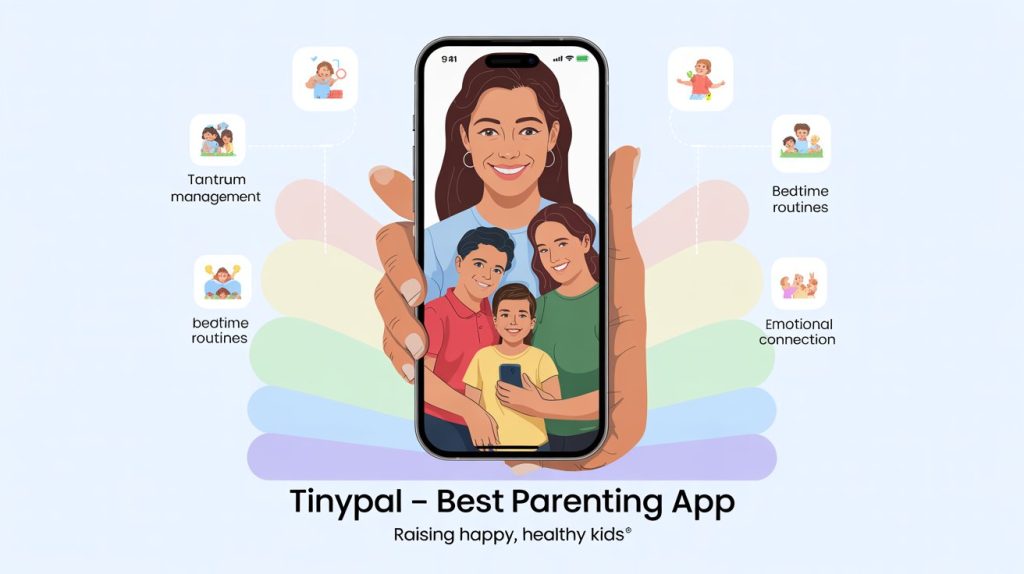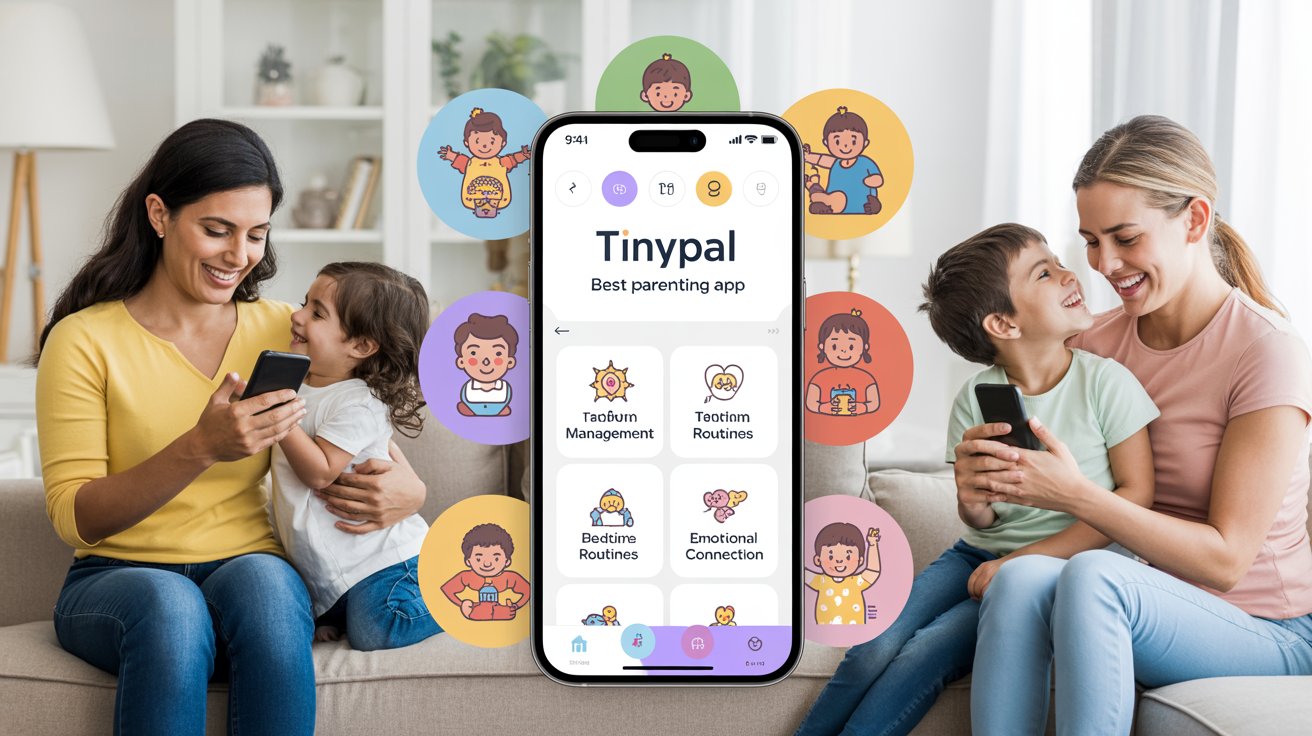Table of Contents
With the increasing presence of smartphones, tablets, and computers in children’s lives, managing screen time has become a critical concern for Indian parents. Excessive screen exposure can lead to reduced focus, sleep disturbances, and behavioral issues. Modern families are turning to parenting apps for monitoring child screen time to create healthy digital habits and maintain a balance between learning and leisure.
These apps are designed not only to track usage but also to provide insights, alerts, and recommendations to help parents guide their children effectively in the digital world.
Screen time has both advantages and drawbacks. While digital devices support learning and skill development, unregulated use can:
- Affect academic performance
- Reduce physical activity
- Cause sleep disturbances
- Encourage addictive behaviors
A parenting app for monitoring child screen time allows parents to supervise usage, set limits, and introduce structured routines that promote healthy habits.

These apps track the time children spend on different apps and devices. Parents can identify high-usage areas and intervene when necessary.
Parents can block or limit access to certain apps during homework, bedtime, or study hours, ensuring focused learning periods.
AI analyzes patterns and suggests optimal schedules, such as reducing social media during school days or limiting gaming time on weekdays.
Apps provide notifications for screen breaks, encouraging children to step away from devices for physical activity, outdoor play, or family time.

Parents receive weekly reports on device usage, trends, and behavioral patterns. These insights help identify potential digital addiction or stress triggers.
Some parenting apps integrate with educational apps, allowing children to access learning platforms while blocking non-educational content during study periods.
- Balanced Digital Exposure: Children enjoy technology responsibly without compromising studies or social life.
- Improved Focus: Reduced distractions help children concentrate on homework and learning.
- Parental Peace of Mind: Parents have real-time control and visibility over device usage.
- Healthy Habits Formation: Regular breaks and digital wellness routines encourage physical activity and mental health.
- Customizable Controls: Apps allow parents to adjust settings based on age, activities, and family routines.
A working parent in Delhi used an AI parenting app to manage screen time for two children. The app blocked gaming apps during study hours, encouraged screen-free breaks, and improved both academic performance and sleep quality.
In smaller towns, families used apps with offline support to track usage and ensure children balanced learning with recreational screen time, even without constant internet connectivity.
Parents managing multiple children created tailored digital schedules for each child, ensuring fair access to devices and preventing conflicts over screen usage.

- Set Clear Limits: Define daily screen time limits and adjust based on age and responsibilities.
- Encourage Educational Use: Prioritize learning apps over entertainment during school days.
- Engage in Screen-Free Activities: Promote outdoor play, hobbies, and family interactions.
- Use AI Insights: Monitor trends and adjust schedules as necessary for balanced usage.
- Involve Children in Planning: Allow children to participate in creating screen schedules to build responsibility.
Balancing screen time is essential for children’s mental, emotional, and academic well-being. Parenting apps for monitoring child screen time empower Indian families to create healthy digital habits, reduce distractions, and ensure a structured approach to technology use.
By leveraging AI, analytics, and customizable routines, these apps allow parents to guide their children in the digital era effectively, promoting focus, learning, and overall wellness. Healthy screen habits today pave the way for productive, balanced, and digitally responsible adults tomorrow.
